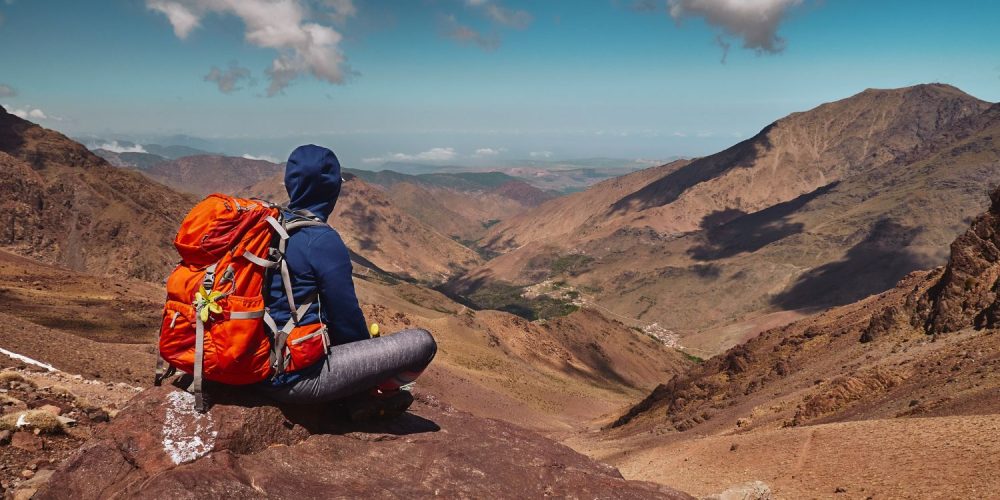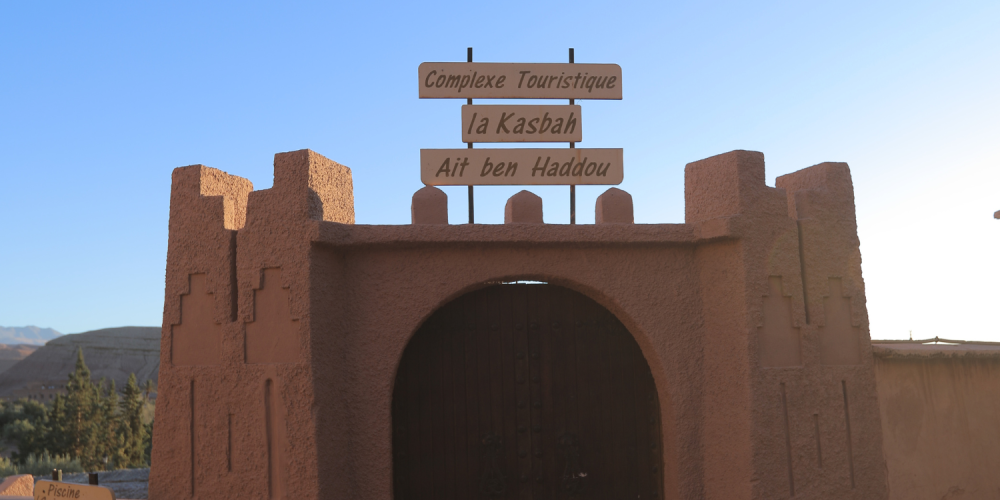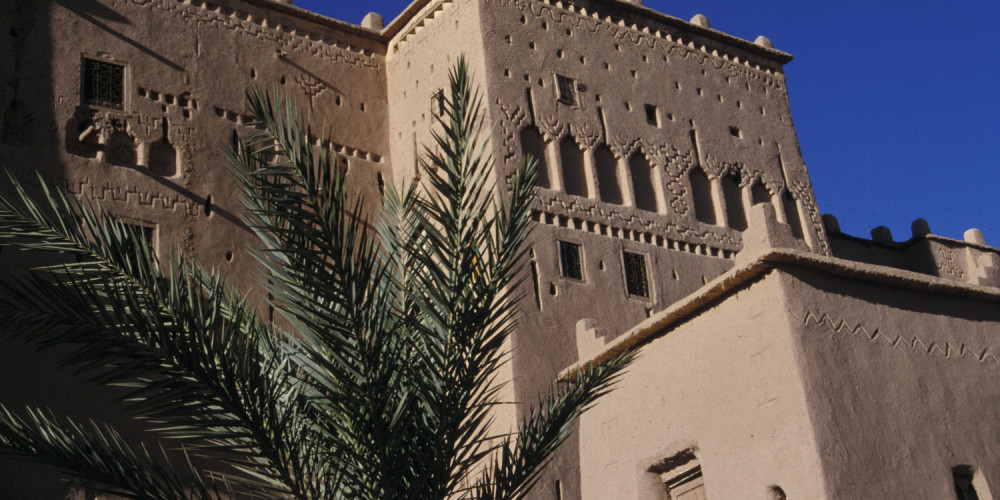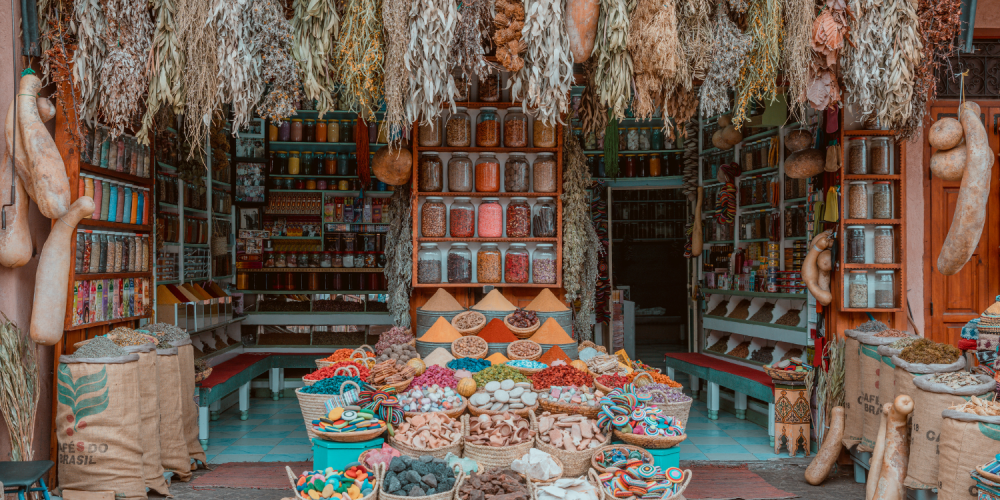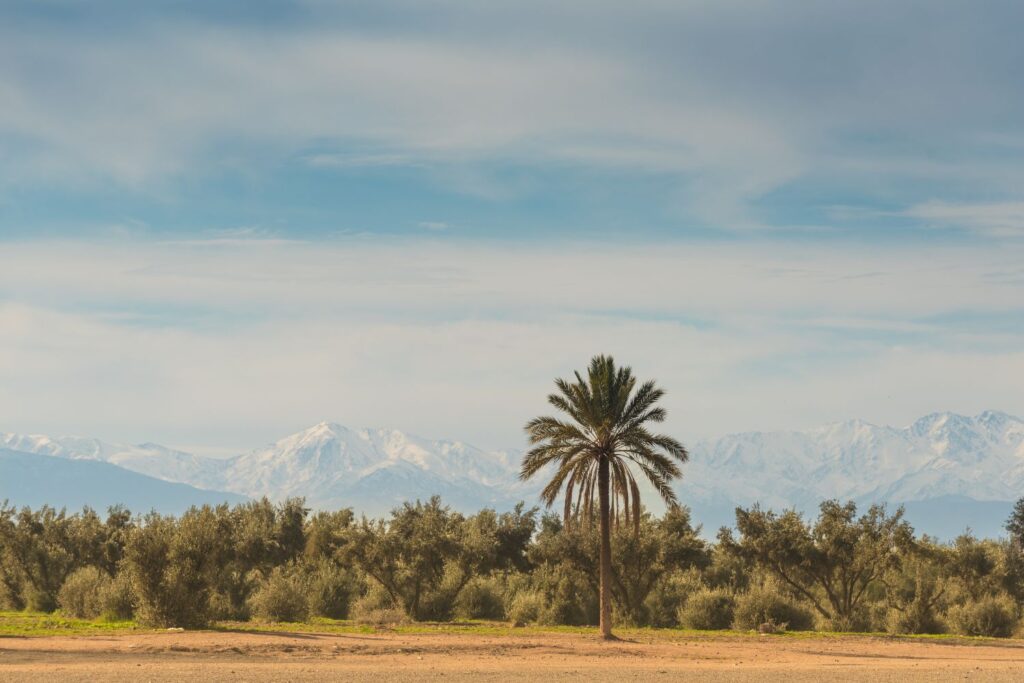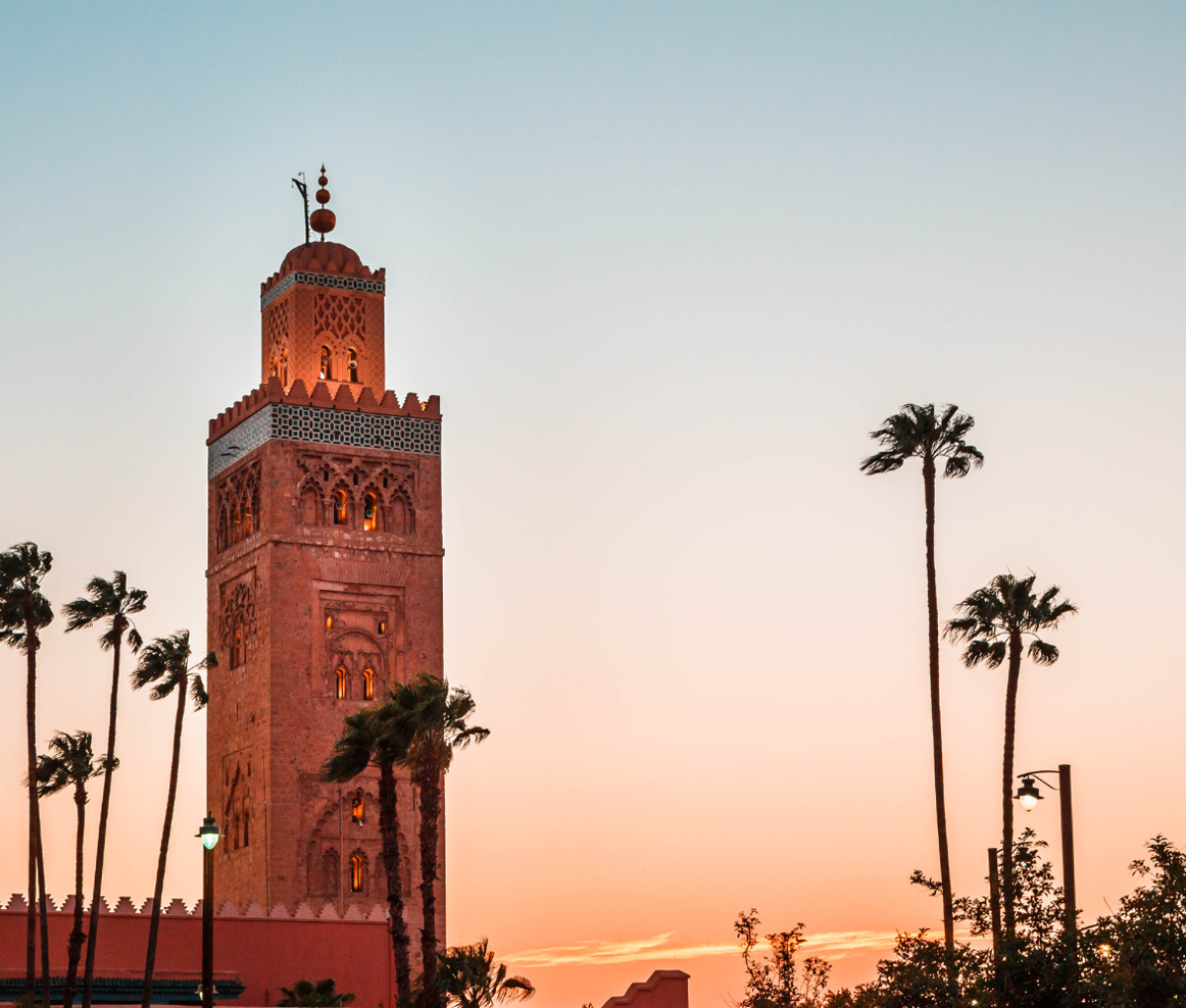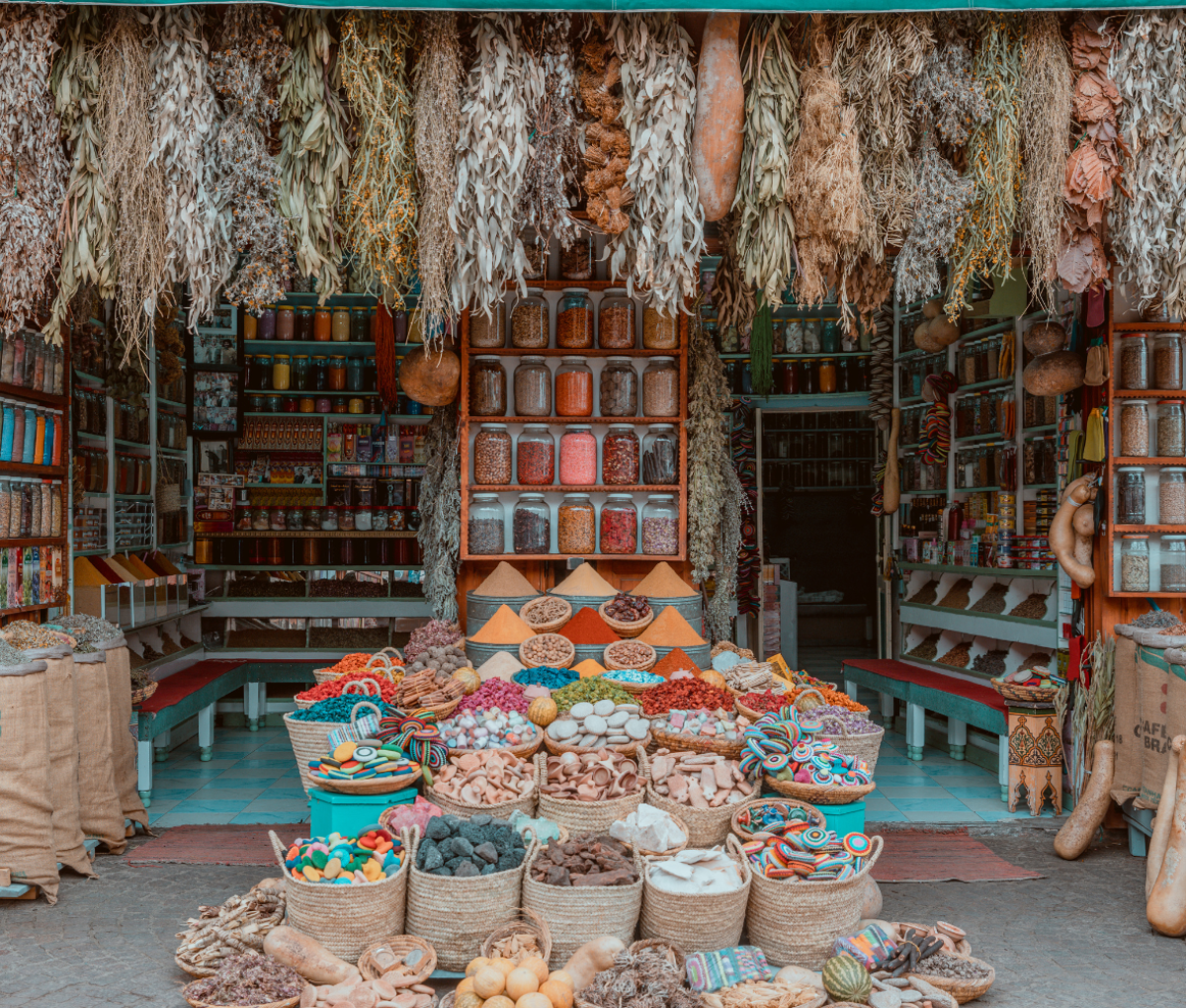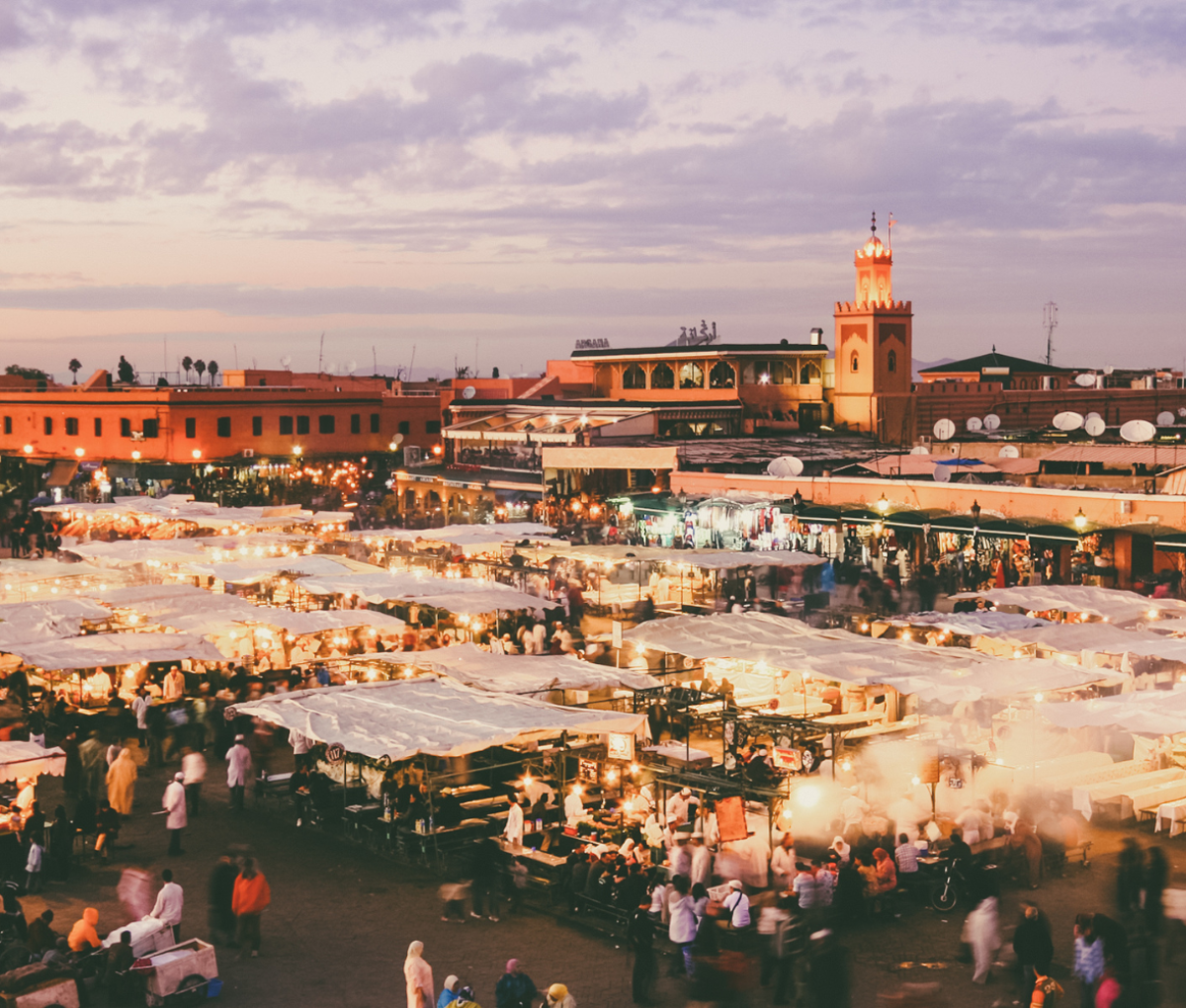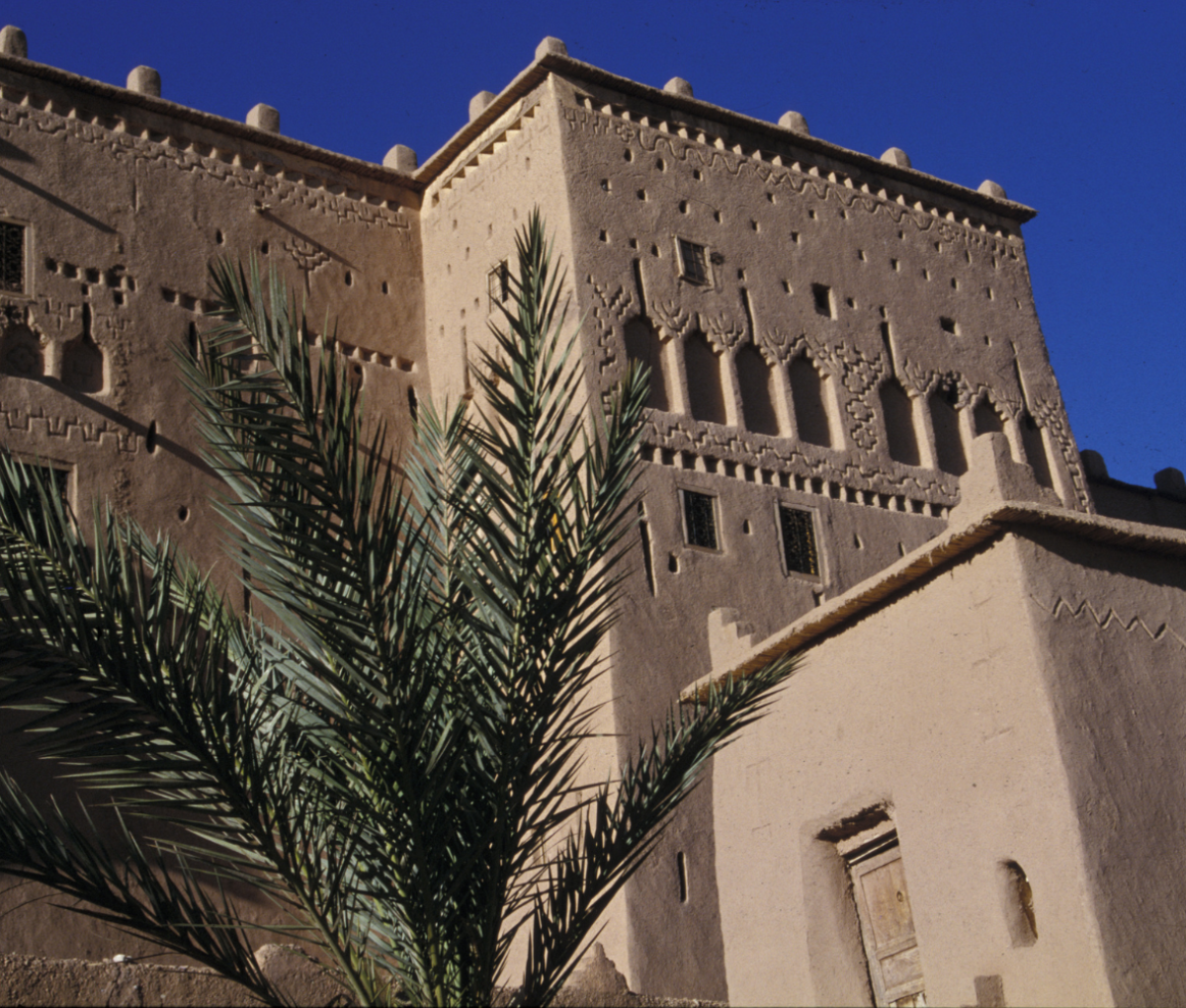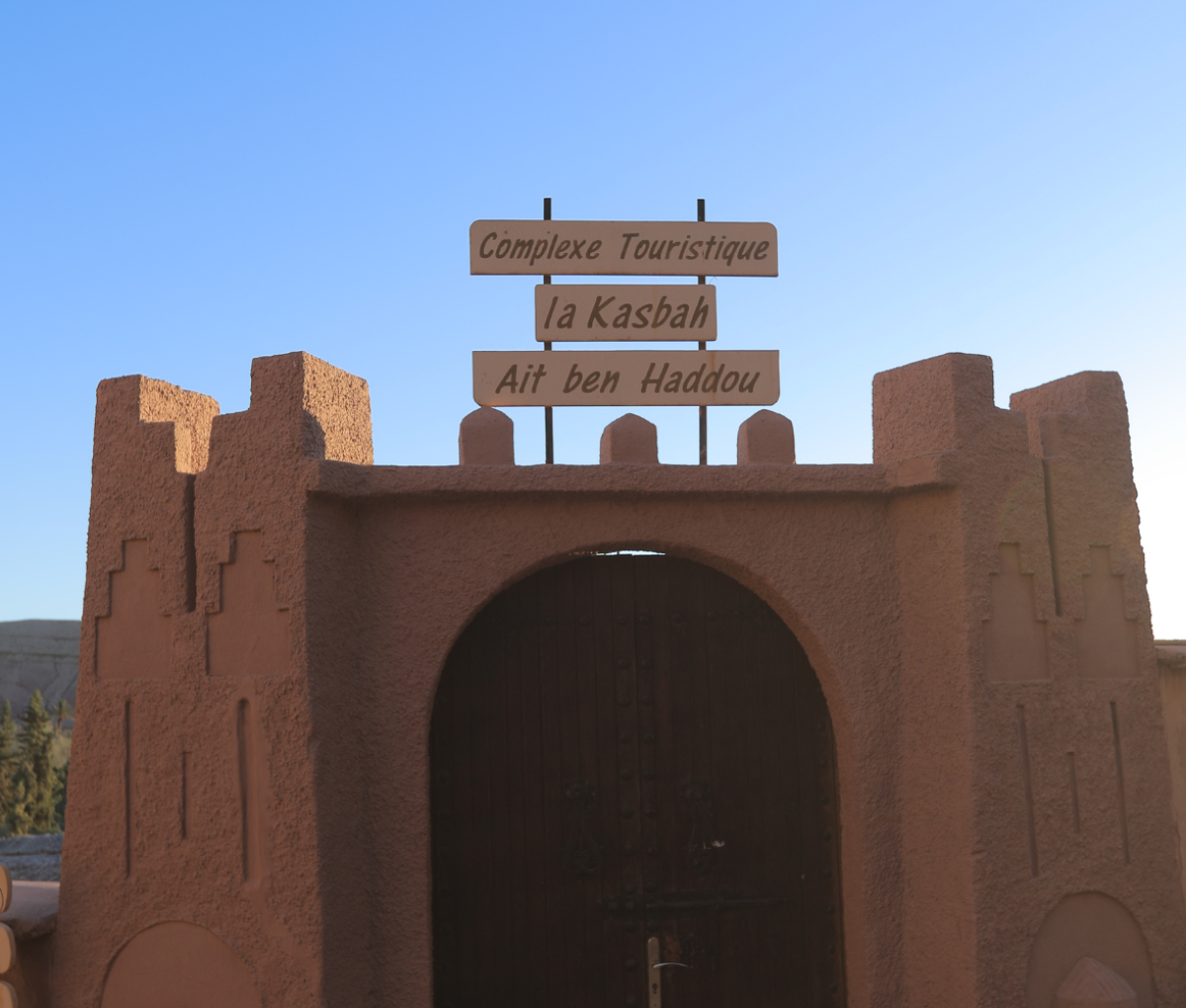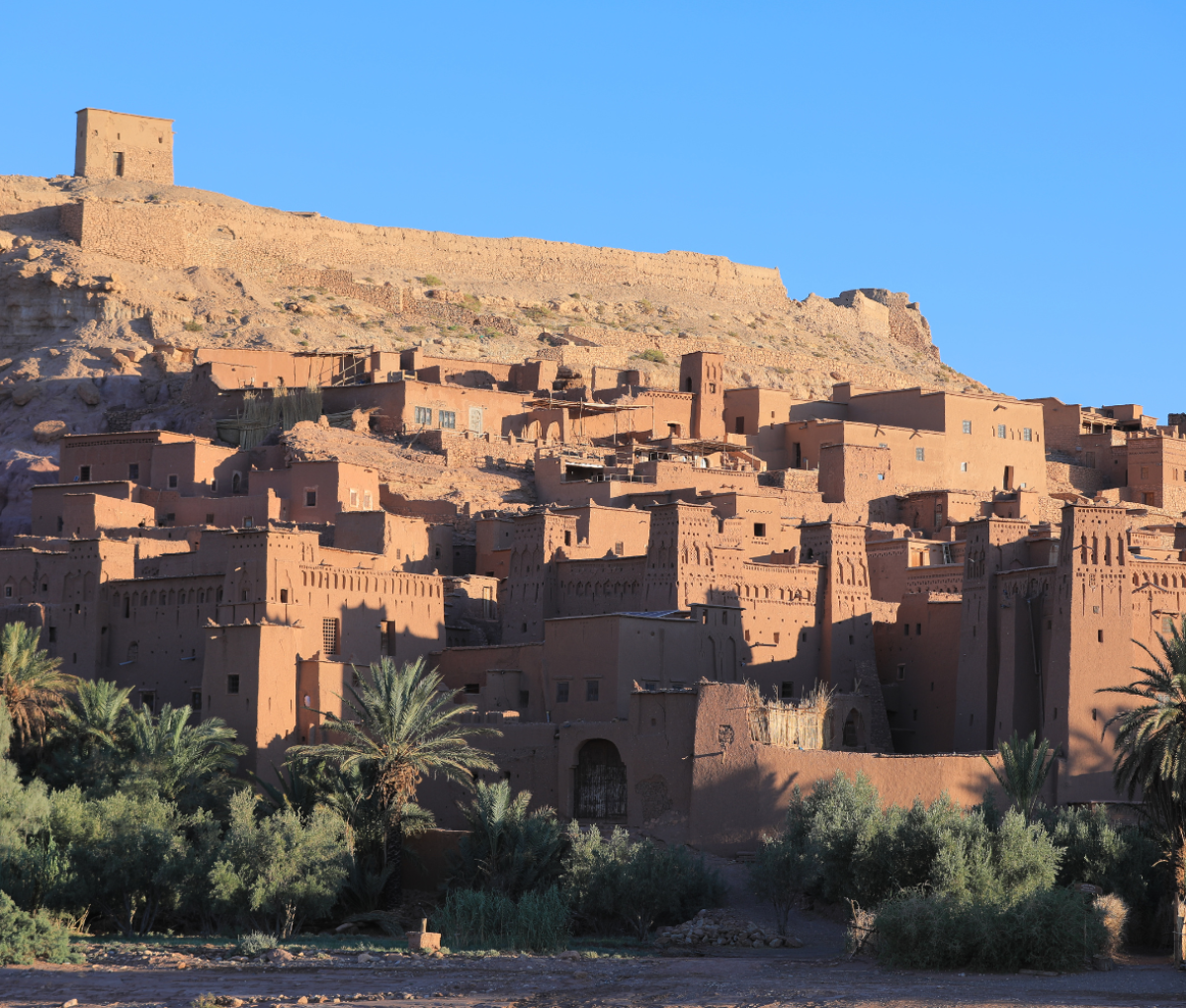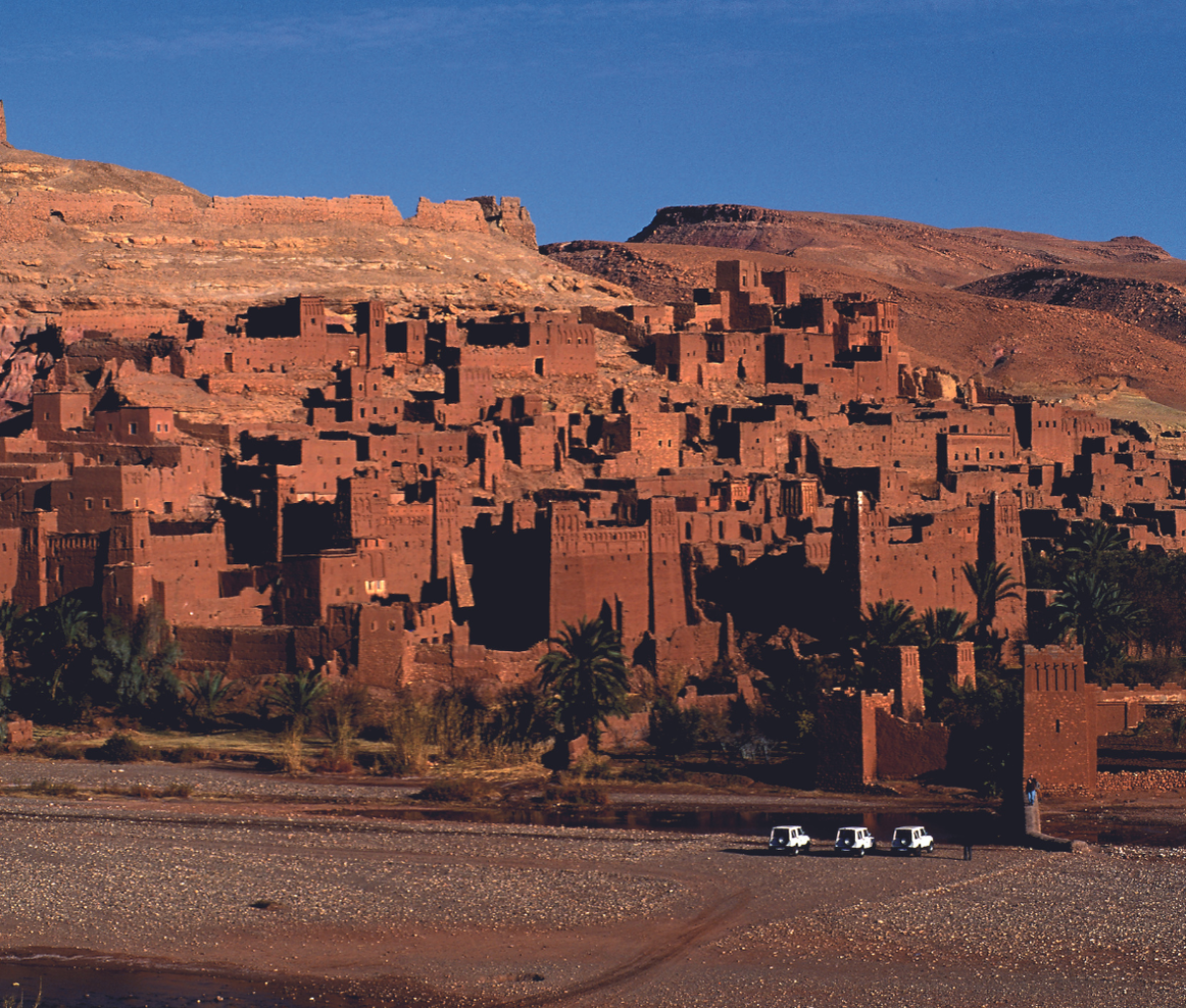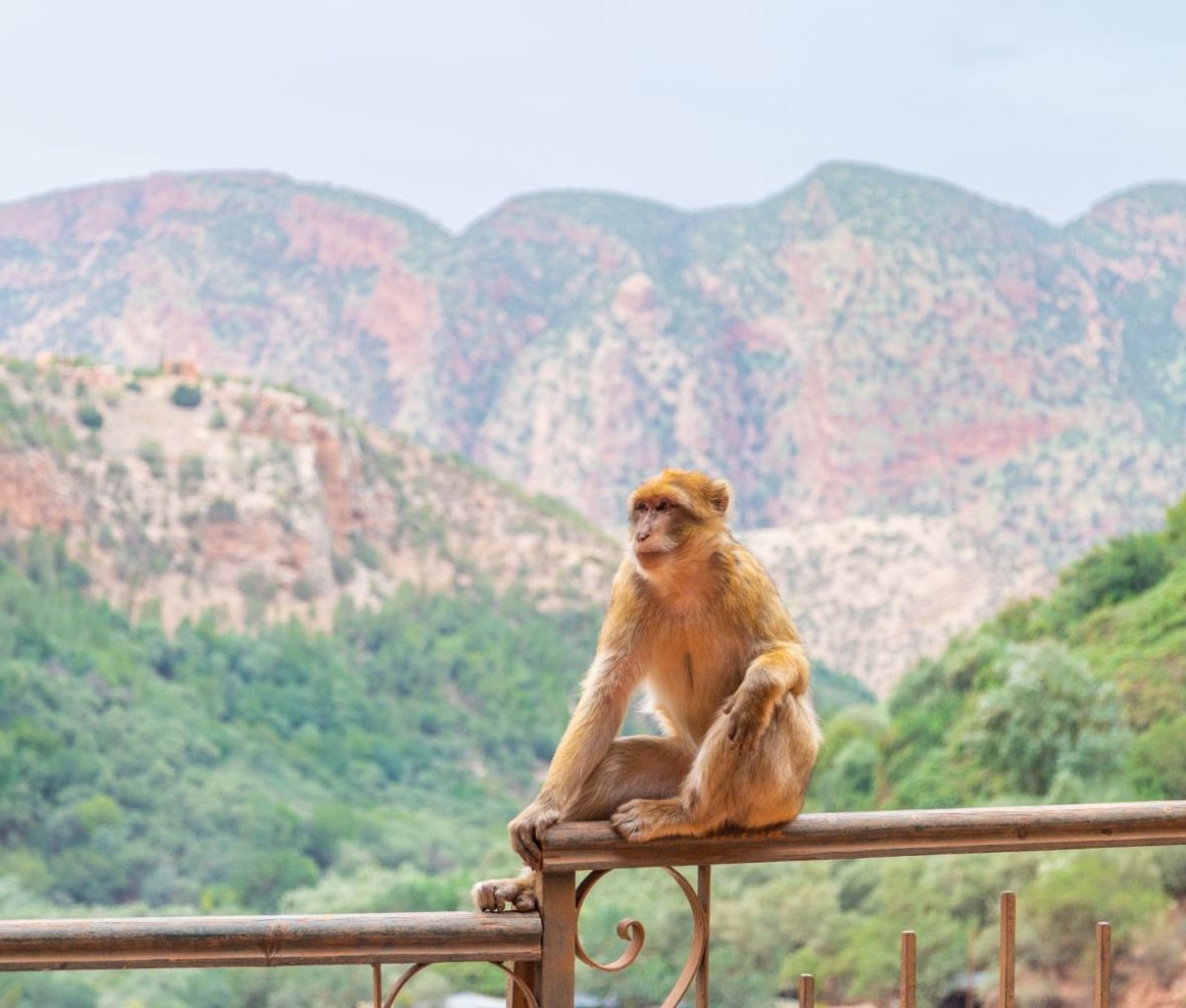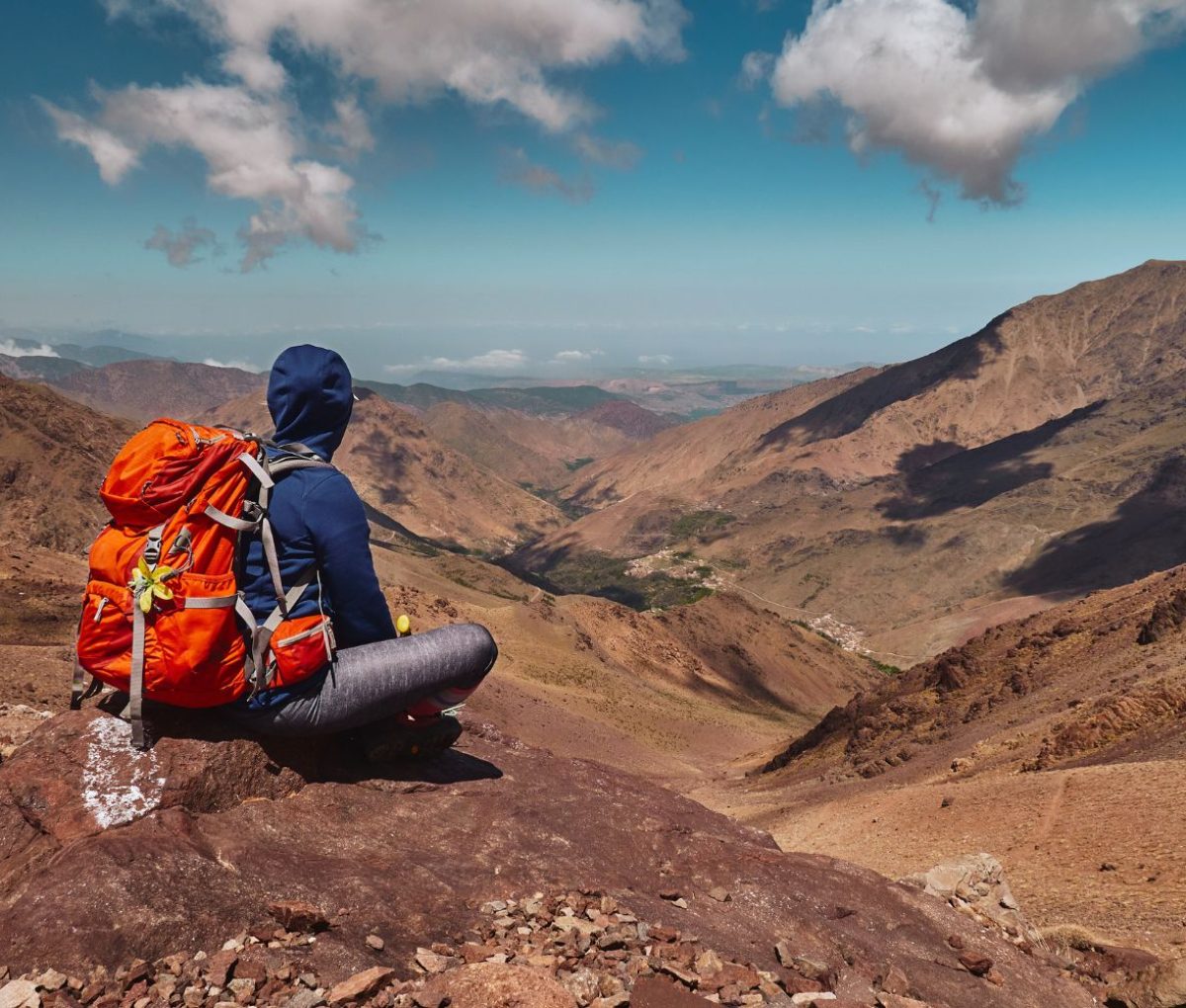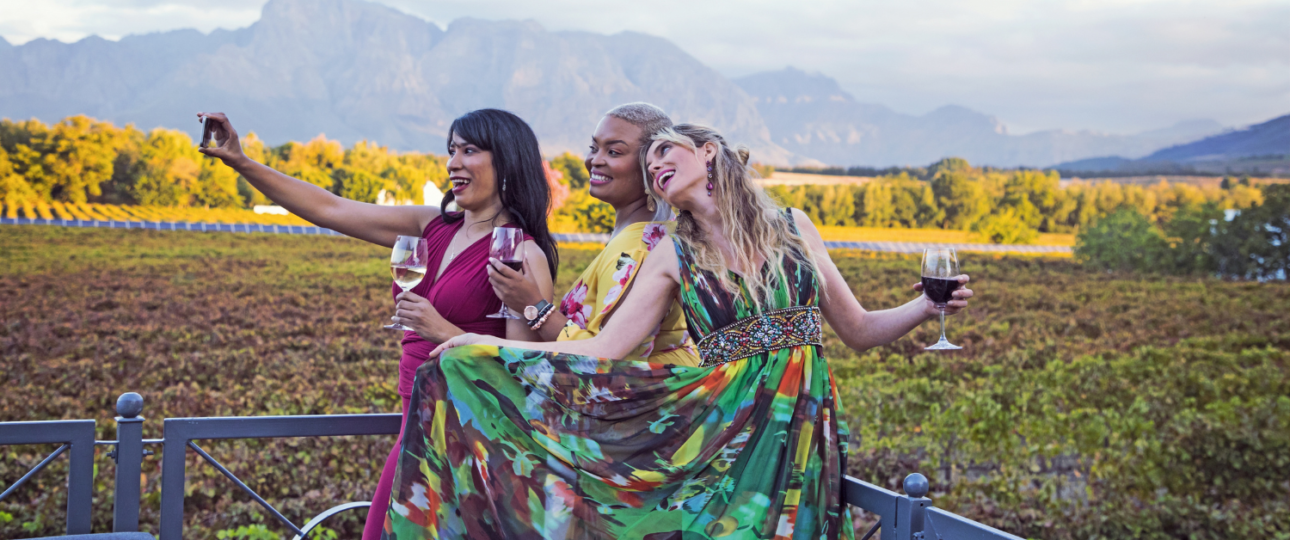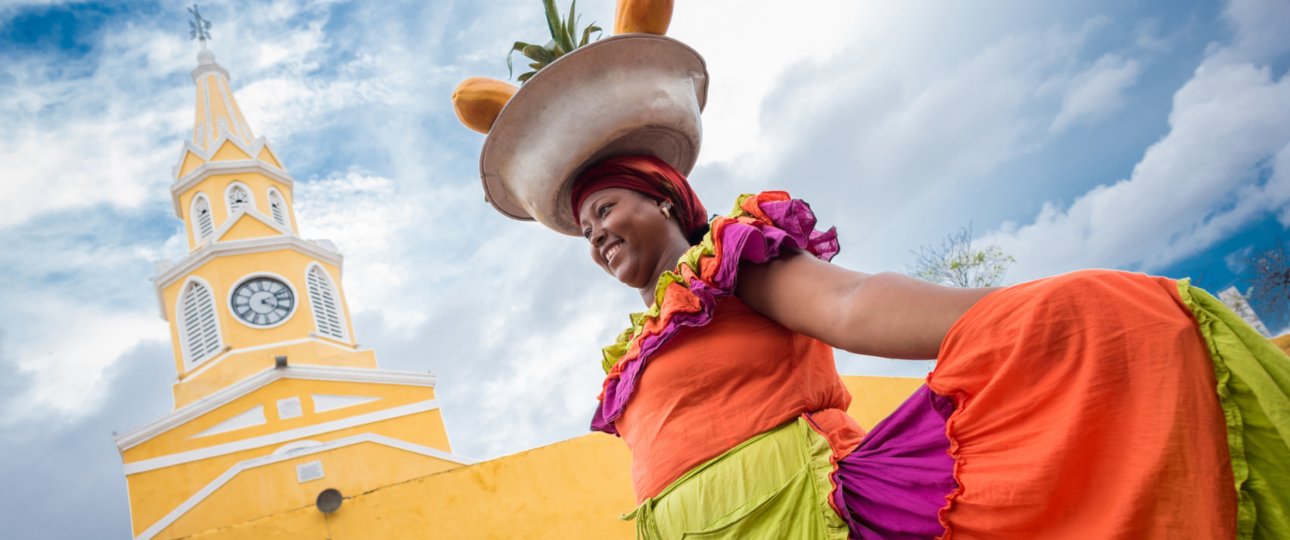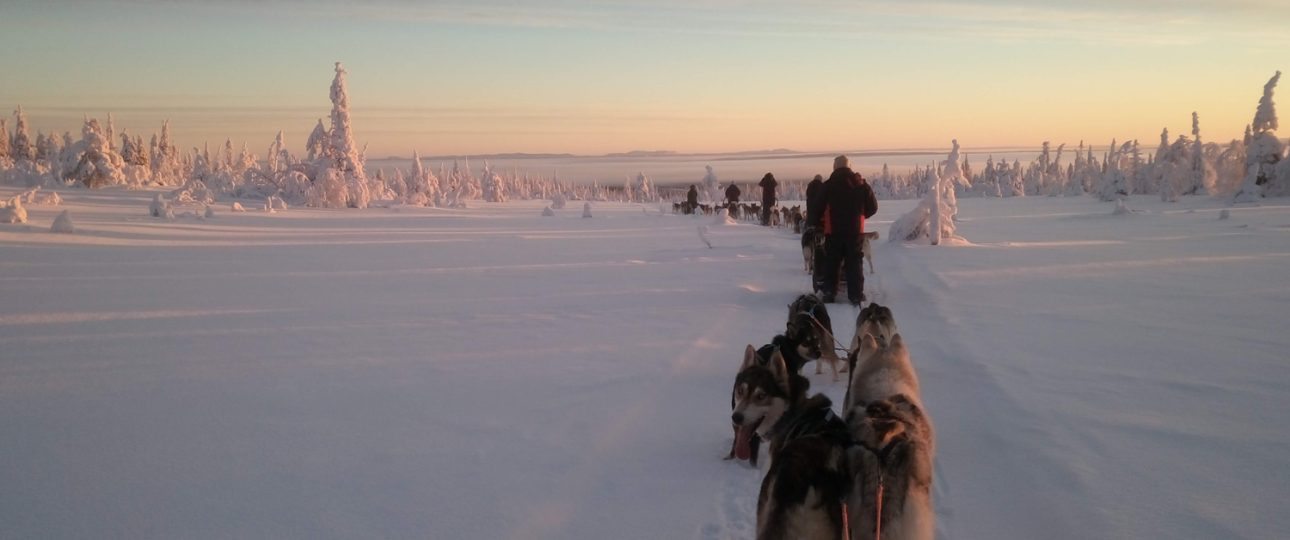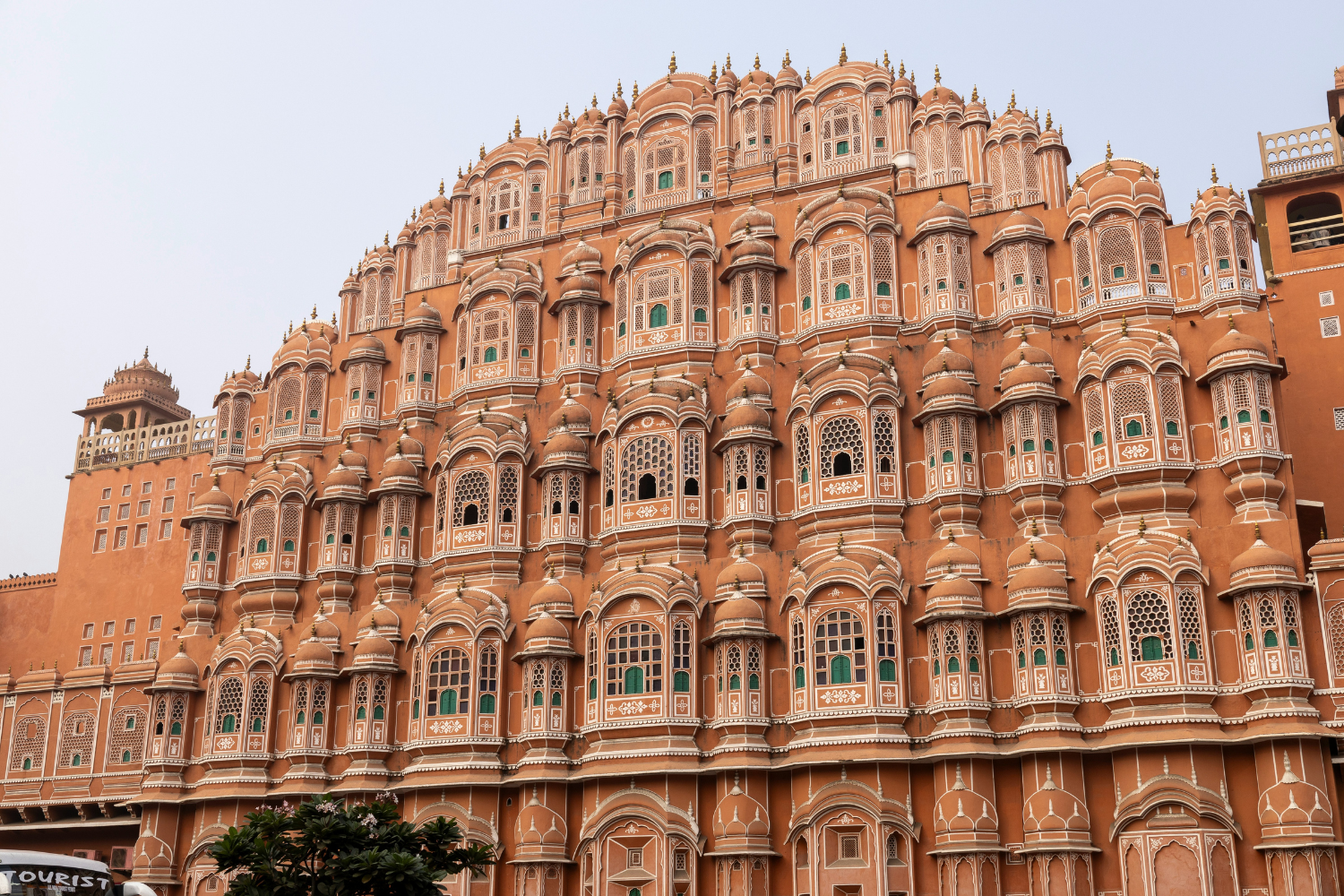Embark on a captivating 13-day journey through Morocco, exploring the ancient traditions of the Ait Atta Nomads. This adventure offers a rare glimpse into the vibrant culture and the breathtaking landscapes of Morocco and the High Atlas Mountains.
Starting in the city of Marrakesh, you will experience a dynamic blend of history and contemporary charm, setting the stage for a journey that takes you from the capital’s bustling souks to the serene beauty of the High Atlas Mountains. You will traverse the pathways of the Ait Atta, a nomadic Berber clan, delving into a world where the past and present merge to create unforgettable memories. This isn’t merely a trek; this is an eight-day transformative odyssey that immerses you in the lifestyle of one of Morocco’s last, but enduring nomadic tribes.
Transhumance is the practice of moving livestock from one grazing ground to another in a seasonal cycle, and, as you venture across untamed terrains, the Ait Atta will unveil their profound connection with the land, guiding you along lesser-known trails and revealing breathtaking vistas that showcase the unspoiled splendour of the High Atlas. This journey is an intimate exploration of the tribe’s traditions and way of life, preserved through the ages. Each night, beneath the expansive Moroccan sky, you’ll gather around campfires, sharing stories and laughter, fostering unforgettable connections and memories. This extraordinary trek promises a harmonious blend of adventure, deep cultural engagement and introspection, set amidst some of Morocco’s most magnificent natural scenery.
After saying farewell to the Ait Atta family, you’ll continue to the picturesque village of R’bat, a tranquil oasis cradled by the Atlas, and explore the M’goun Geopark Museum before returning to Marrakesh.
Please note:
- This journey is scheduled for the month of May, offering an optimal blend of weather conditions for the activities planned.
- Participants must be at least 18 years old to join this adventure and, whilst expertise in rock climbing isn’t necessary, it’s important that you are physically active and have experience with full day-long walks.
- During your trek in the High Atlas Mountains you need to be prepared to live as the nomads do. There will be no access to western style toilets, however a pit latrine will be dug every night and a portable toilet tent erected for privacy. Toilet roll will be provided but we recommend taking a couple of rolls as back up. To wash, you’ll be provided with a bowl and water, also provided in a private tent.
- Information on the type of clothing and personal hygiene products to bring with you will be provided in advance; for example, quick-dry clothing, eco-friendly soap (if you want to wash in the rivers) and biodegradable wet wipes.
- Please always follow the principles of Leave No Trace to minimise your impact on the environment and respect nature.
Journey Overview
Day 1 – Arrive in Marrakesh
Day 2 – Marrakech – Ait Ben Haddou – Ouarzazazte
Day 3 – Ouarzazazte – Kalaat M’gouna – Ait Youl
Day 4 – Ait Youl – Akka n’Imjergane
Day 5 – Akka n’Imjergane – Tizi n’Toudat
Day 6 – Tizi n’Toudat – Assif n’Majdig
Day 7 – Assif n’Majdig – Tamgoumart
Day 8 – Tamgoumart – Tizi n’Igrouren
Day 9 – Tizi n’Igrouren – Lake Izourar and the end of the ascending Transhumance
Day 10 – Lake Izourar – Zaouit Oulemzi – R’bat village
Day 11 – R’bat village
Day 12 – R’bat village and the Ait Bougeumez Valley
Day 13 – R’bat village – Azilal – Return to Marrakesh
Day 14 – Marrakesh
Day 15 – Marrakesh
What’s Included?
- Accommodation: 14 nights (7 nights in hotels and ecolodge, 7 nights camping in Igloo tent)
- Meals: 14 breakfasts, 10 lunches, and 12 dinners
- Transfers to and from the airport to accommodation on days 1 and 15
- Tour guide for the duration of the tour
- Transfers to and from Marrakesh on days 2 and 13
- Entry to the M’goun Geopark Museum on day 13
- Entry to the Jardin Marjorelle and Bahia Palace on day 14
What’s not included?
- Flights to/from Morocco or any flights within Morocco
- Pre- or post-tour accommodation
- Pre-registration, late check-out, or day use at accommodations other than specified
- Meals and beverages other than those specified in the itinerary
- Tips and gratuities
- Optional tours and services
- Hotel/ airport porterage
- Personal travel insurance
- Items of a personal nature such as medical or hospital expenses, beverages, hotel porterage, laundry service, room service, internet usage, and telephone calls
How is this tour sustainable?
Cultural preservation and interaction: A significant part of this tour is dedicated to living alongside the Ait Atta tribe, one of Morocco’s last nomadic tribes. This engagement allows for the preservation and sharing of ancient traditions and ways of life that might otherwise be at risk of disappearing. By directly involving the tribe, the tour supports the continuation of these practices and offers tourists a unique, immersive cultural experience that respects and honours local customs.
Environmental awareness: The trek through the High Atlas Mountains and visits to natural sites such as Lake Izourar emphasise the importance of conserving natural landscapes. By guiding tourists through less-travelled paths and highlighting the raw beauty of these areas, the tour raises awareness about the value of environmental preservation. This approach encourages responsible travel behaviour, such as minimising waste and respecting wildlife habitats.
Sustainable activities: Throughout the journey, nights are spent under the stars, providing a more minimalistic approach to accommodation that helps to reduce any environmental impact. The emphasis on walking and trekking as primary modes of exploration also minimises carbon emissions associated with vehicular transport.
Support for local communities: This tour includes visits to places like Ait Ben Haddou, Ouarzazate and the village of R’bat, which not only showcase Morocco’s rich history and architecture but also support local economies. By engaging with cooperatives and local markets, the tour contributes financially to these communities, aiding in their sustainability. Furthermore, interactions such as sharing a cup of mint tea or conversing in the marketplace foster genuine connections between tourists and locals, promoting cultural exchange and mutual respect.
Educational value: Throughout the tour, you’ll be exposed to and will learn about the challenges and realities of nomadic life, as well as the historical significance of sites like Ait Ben Haddou and the architectural beauty of Marrakesh. The knowledge you’ll gain will encourage a deeper understanding and appreciation of Morocco’s cultural and natural heritage, ultimately fostering a more sustainable and responsible approach to travel.
Accommodations: On this tour, locally-owned accommodations are prioritised, enabling you to fully immerse yourselves in the Moroccan way of life. From spending nights in traditional Berber tents under a star-filled sky to staying in eco-friendly lodges, each selected accommodation is not just a place to rest but an invitation to live as the locals do. This approach allows you to directly impact the local economy while providing an authentic experience of Moroccan hospitality, customs, and traditions. Engage with the heart and soul of Morocco through its people and their way of life, creating lasting memories and meaningful connections.
Local staff: Your guide and driver are locals with an intimate knowledge of Morocco, serving as a personal gateway to its heart. With a passion for their homeland and a wealth of experience, they can open doors to hidden gems and authentic experiences. Through their eyes, you’ll discover the soul of Morocco, from its bustling markets and ancient cities to the tranquil beauty of its landscapes and the rich traditions of its people.
Sustainability Challenges?
Balancing tradition and modernity: Integrating traditional practices with the needs and expectations of modern tourists without compromising the authenticity of the experience is a delicate balance and preserving the integrity of traditional nomadic lifestyles whilst accommodating tourists requires careful planning and sensitivity. Visitors are given information on cultural traditions, dress code and local sensitivities in advance, thus ensuring respectful interactions and positive opportunities to learn from each other.
Transport: Considering the extensive distances and challenging terrain encountered on this tour through Morocco, the inclusion of private transportation on days 1, 2, 13, 14, and 15 balances the need for reliability and comfort against the environmental impacts typically associated with transport. The use of private transport mitigates potential delays and discomfort that might arise from relying on public transport, ensuring the itinerary progresses smoothly and participants enjoy a consistent, high-quality experience.

